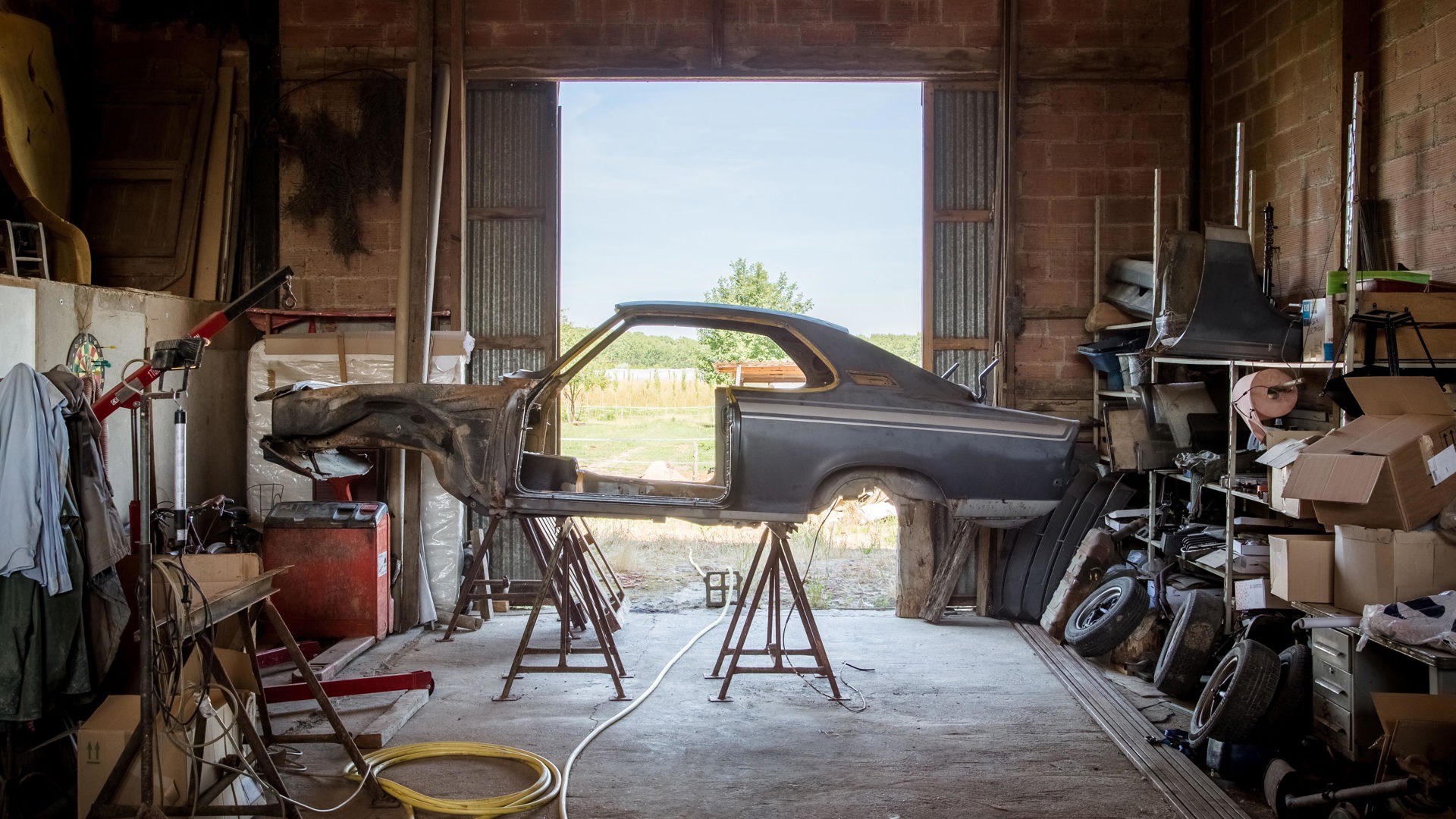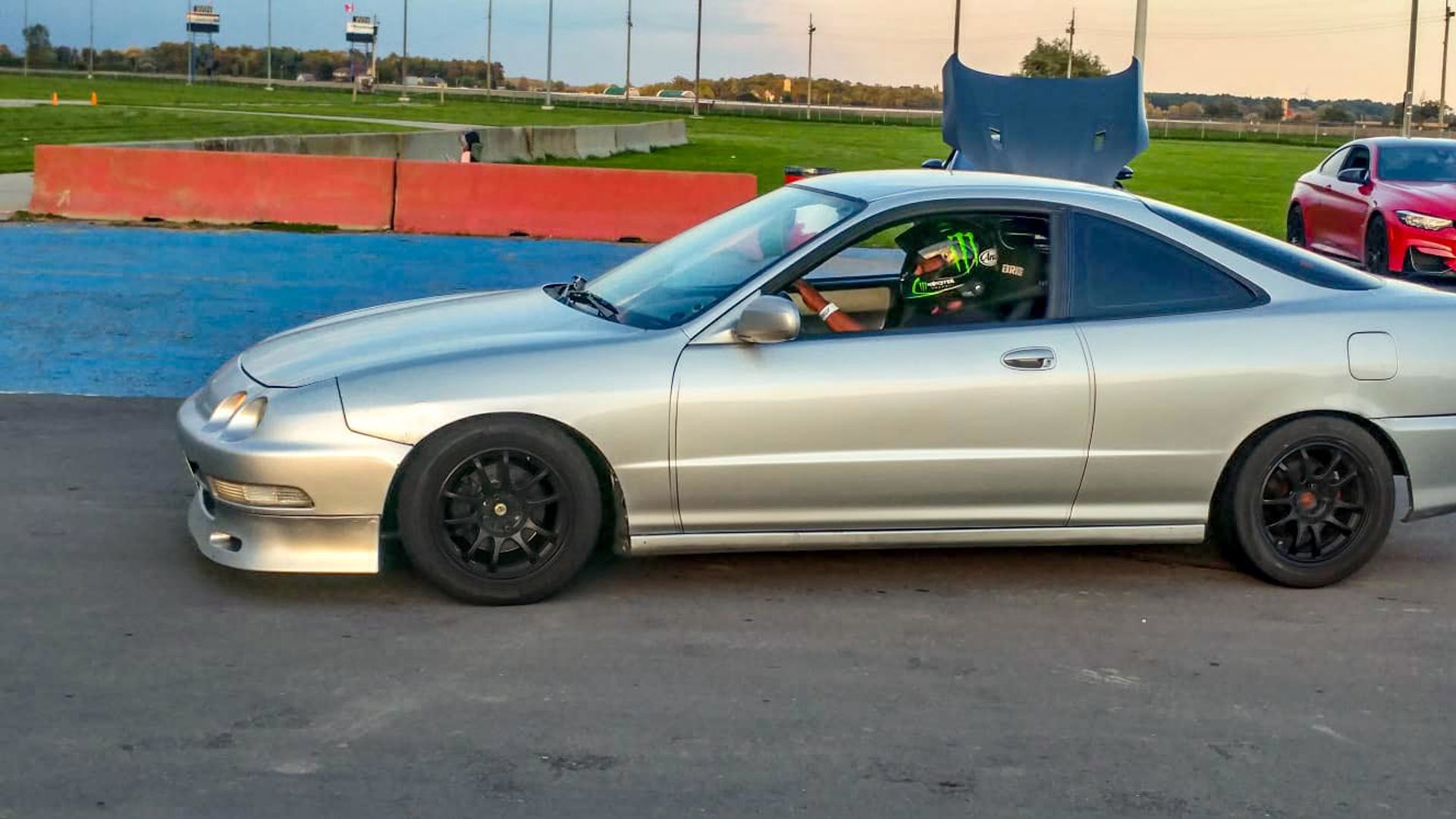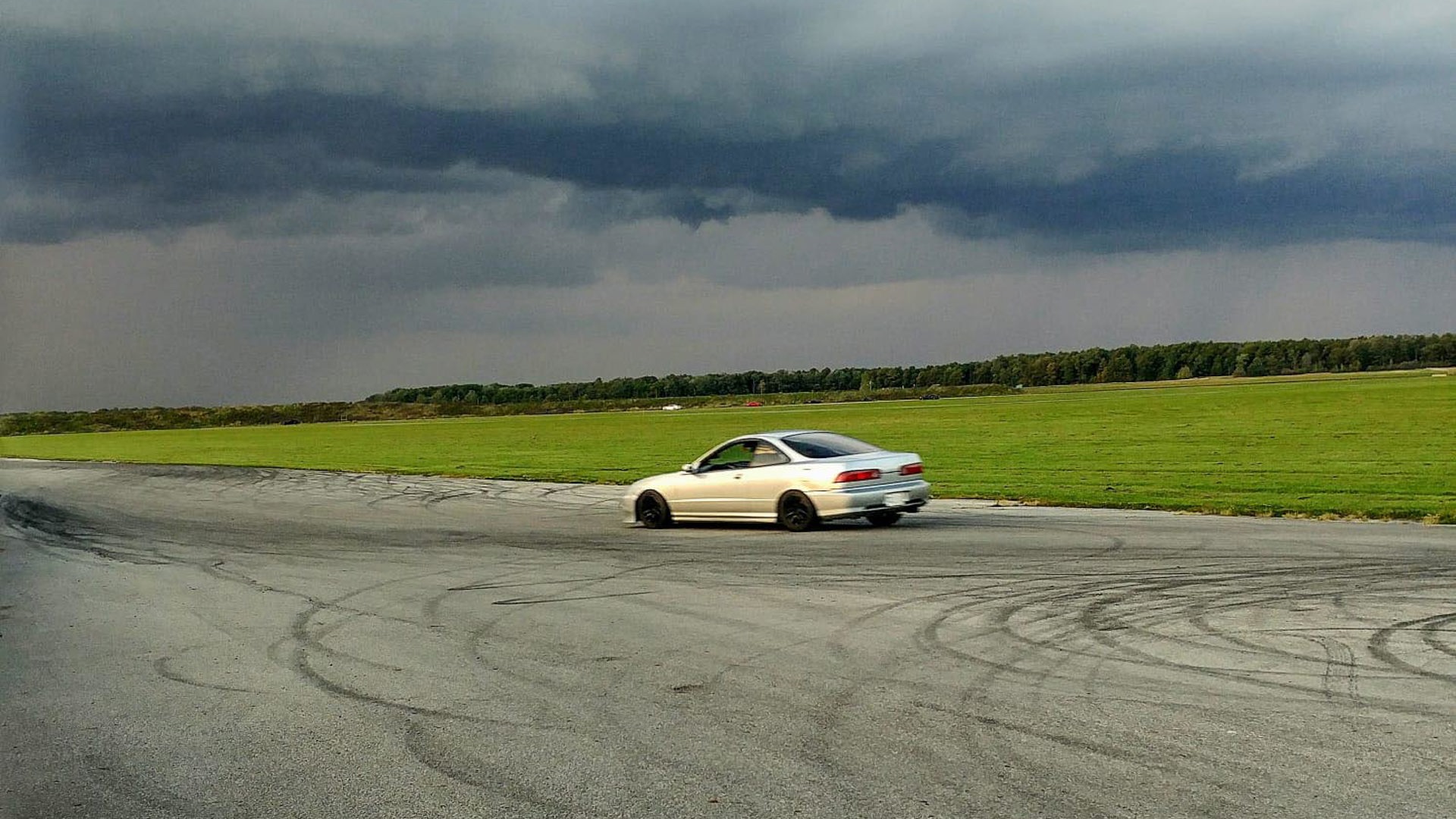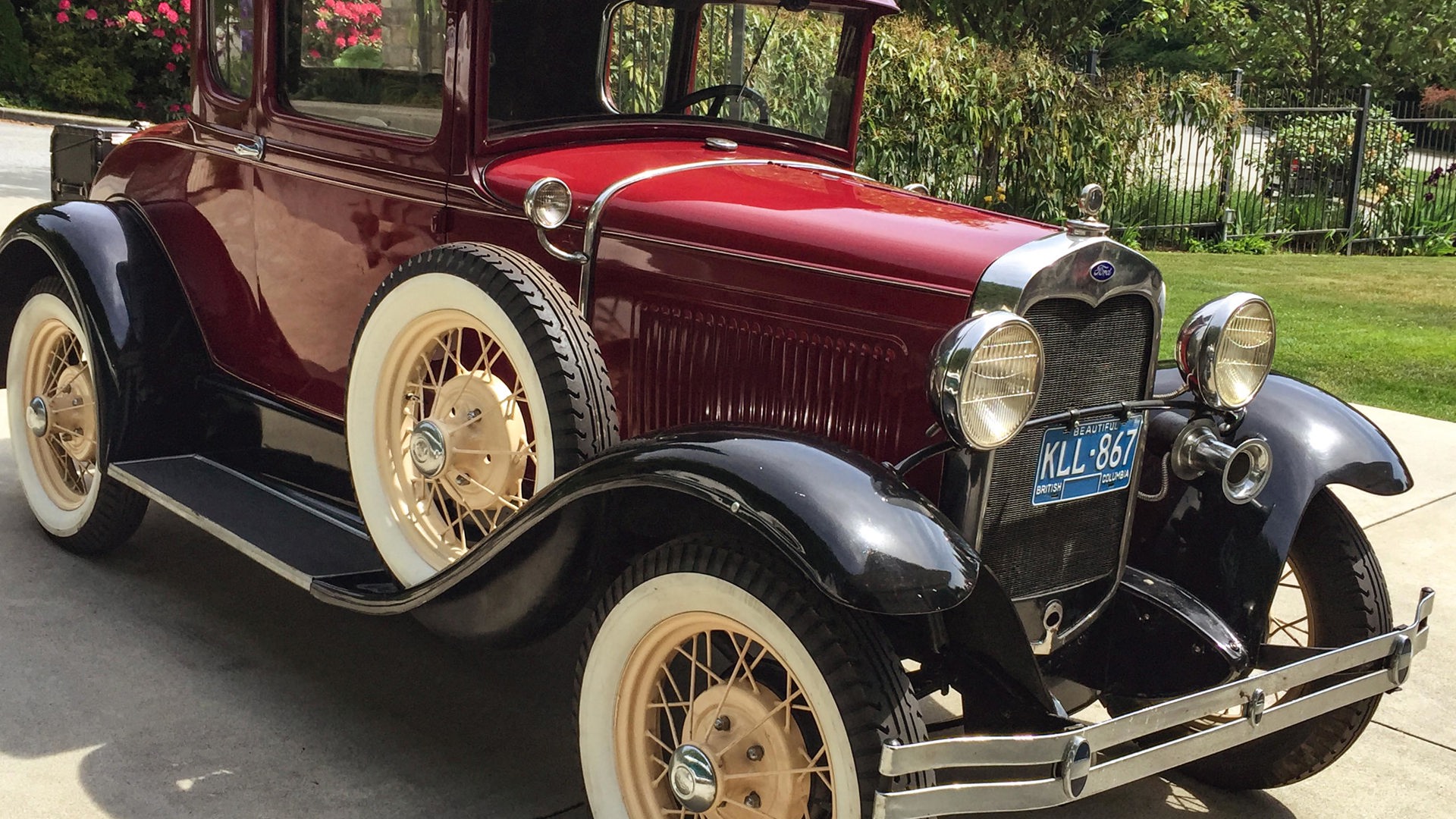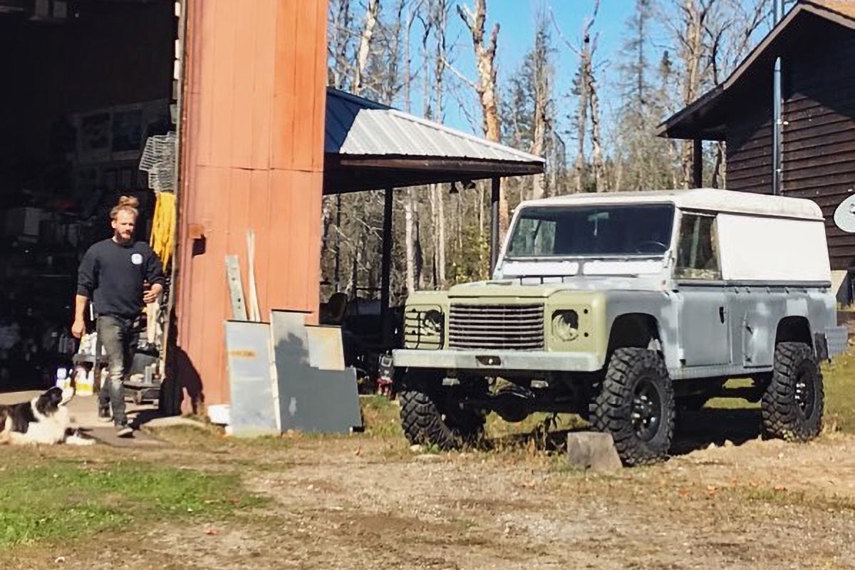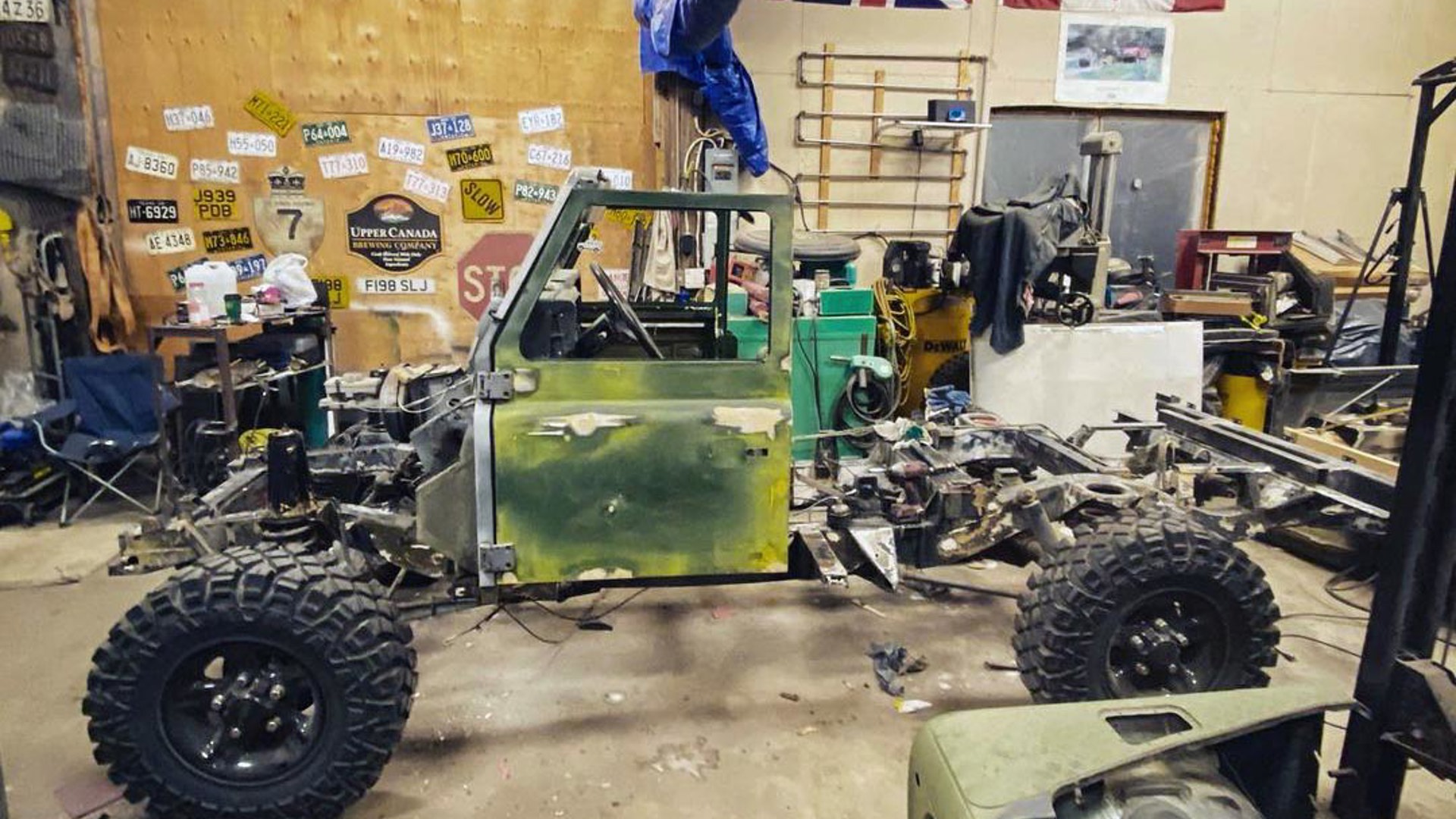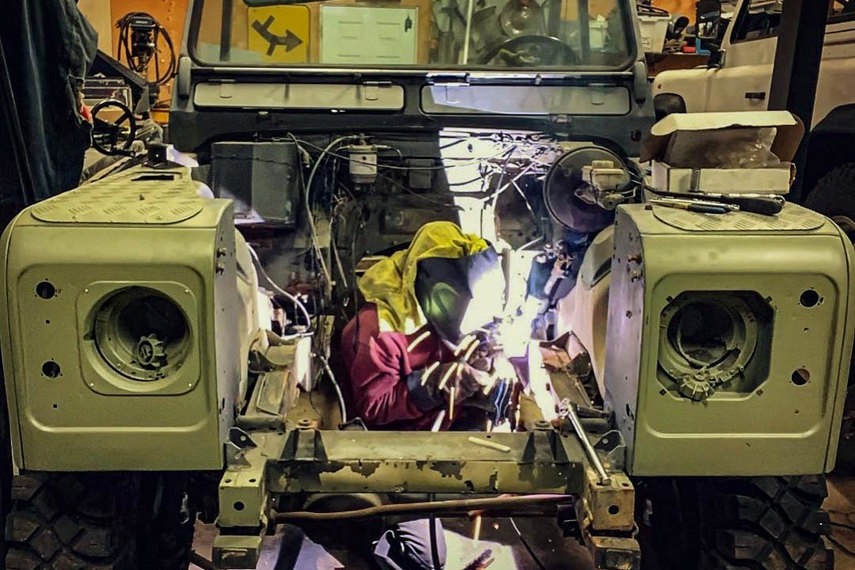When social distancing restrictions went into effect to flatten the curve last year, that meant a great deal of bad news for car enthusiasts, especially since most highly awaited automotive events were cancelled. Thankfully, Canadians still found a variety of ways to enjoy their vehicles despite COVID-19.
Family Traditions
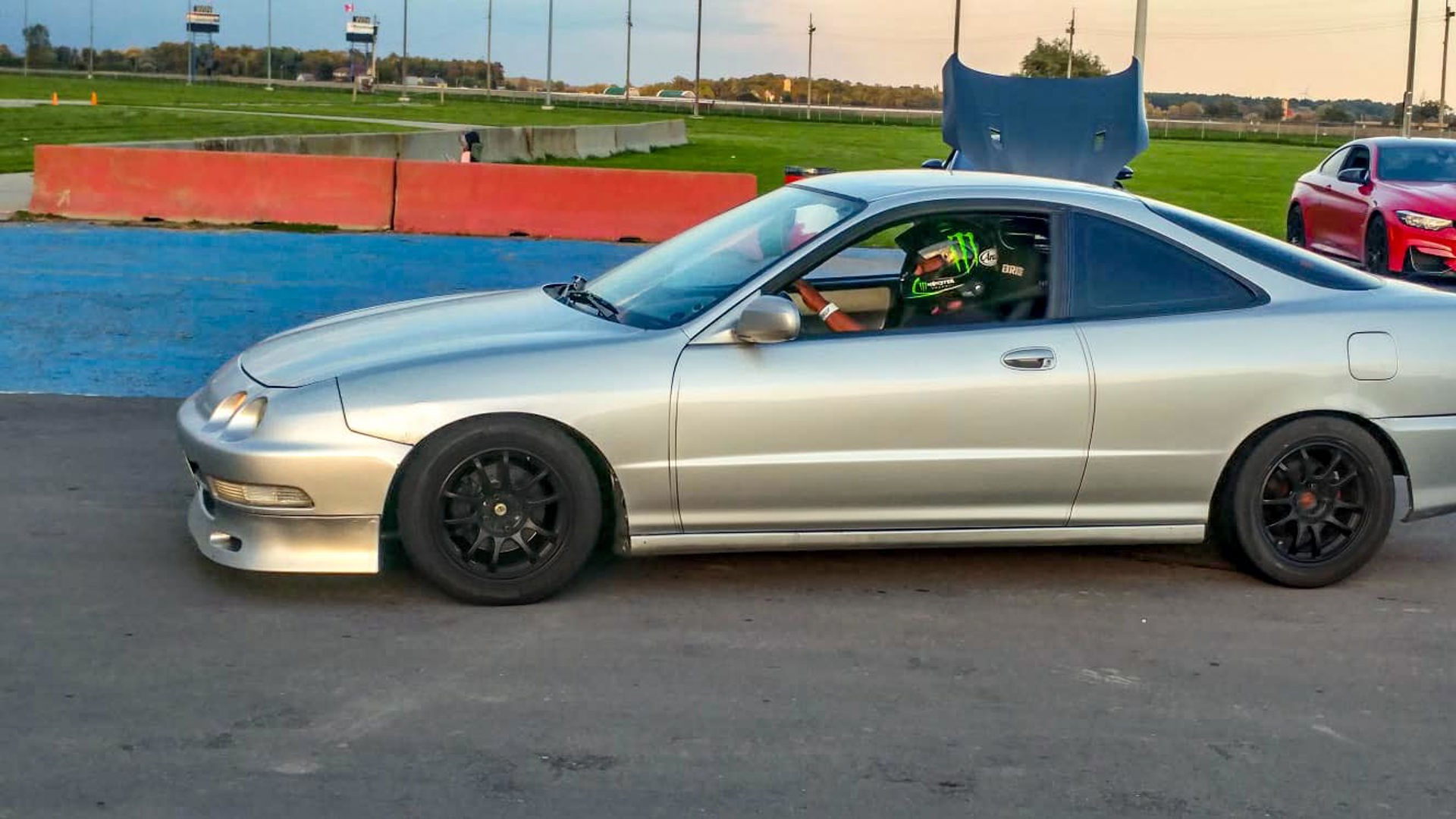
For Brandon Ho, who travelled from Scarborough to Sudbury, Ont., to purchase his 1996 Acura Integra back in 2017, the pandemic actually allowed him the opportunity to invest more time and money into his hobby. The income earned by offering socially distanced tire changes as a side gig from March 2020 facilitated more time on the race tracks.
Ho reflected that working on cars provided some form of normalcy during the pandemic, as it gave him a sense of purpose, especially when most forms of entertainment closed due to provincial health and safety measures in Ontario. Ho says he felt lucky to still be able to engage in something he enjoyed even while so many restrictions were in place.
“I grew up in a family where auto racing was a big thing. My mom, and the majority of my aunts and uncles used to race cars back home in Trinidad. Being raised around that, it really took a hold of me as a kid. It made me choose my career path, which is a licensed mechanic. I’ve been buying, modifying, and racing cars since I was 16 years old,” shares Ho.
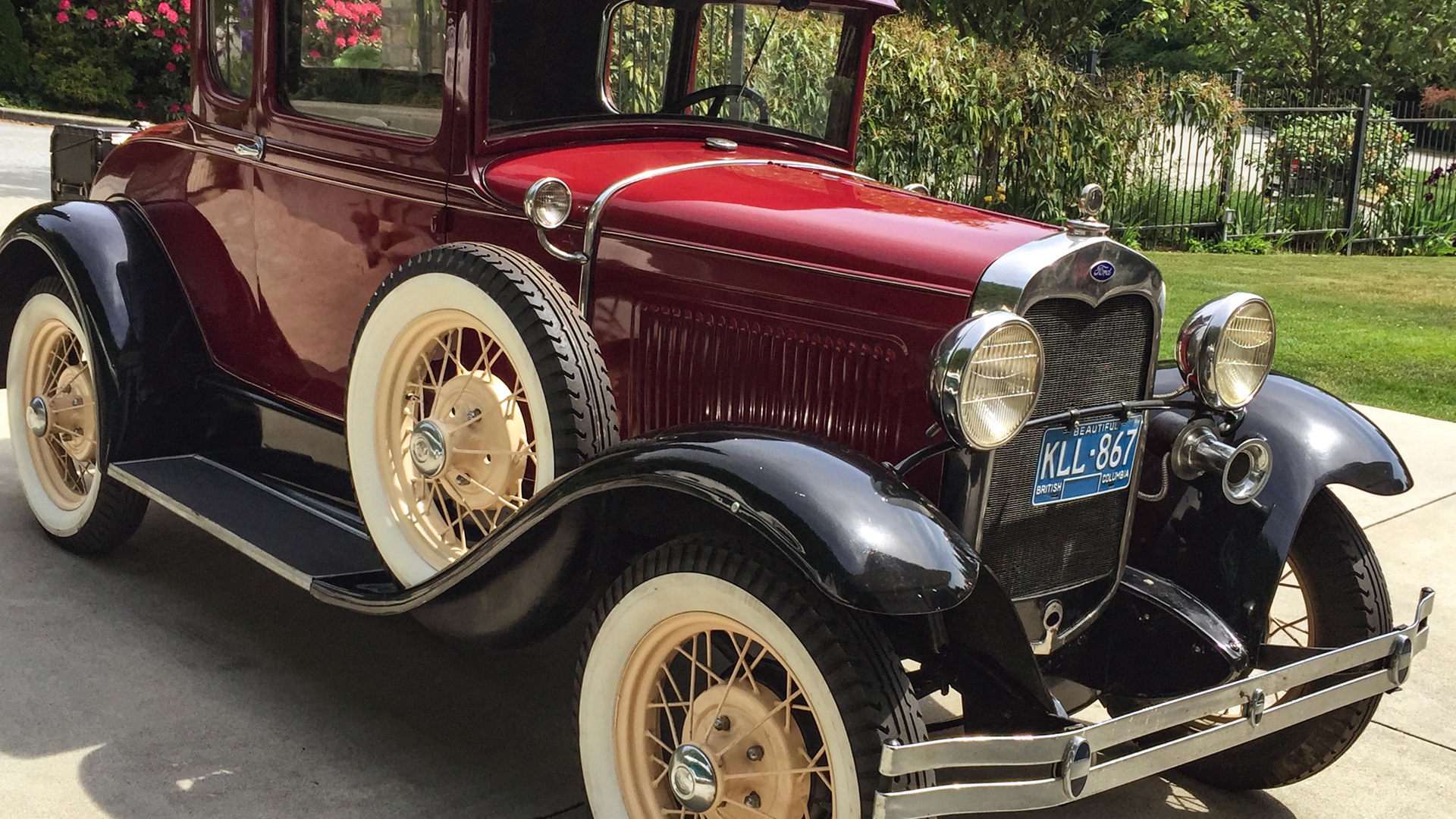
Dr. Allan Burgmann also has strong familial connections to working on cars, as his interests were prompted by the gift of his uncle’s Model A Ford coupe, which had been traded for cedar lumber in Idaho before returning to Langley, B.C., where he was raised.
“If you look at a car now, it’s like working on the space shuttle, but I replaced this carburetor in only 25 minutes with a few tools, and that is the genius of such a car,” Dr. Burgmann says. It is why there is nothing he enjoys more on a rainy Saturday afternoon than tinkering in his garage.
New Friends
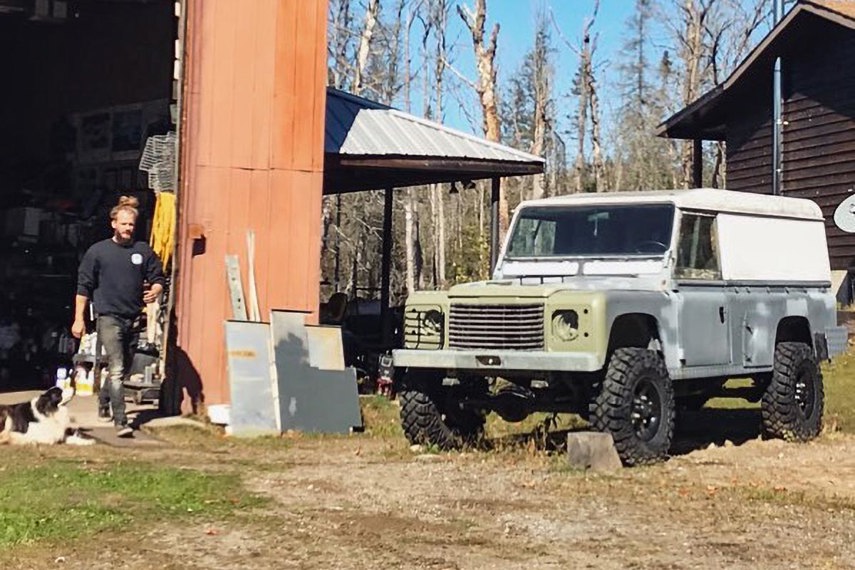
For Cory McRae-Denney, whose regular travel plans were disrupted by the pandemic, it was a classic Land Rover Defender that provided a meaningful restoration project for him. Through the course of buying and working on this vehicle, he developed a friendship with Dave, a local senior who was able to provide support in the form of shop space and advice, thanks to his experience working on cars.
“I enjoy fabrication welding so it wasn’t a huge jump for me. It was definitely a bigger project than I am used to, though, and my first vehicle project. Dave helped me any time I felt really stuck. I haven’t visited with any friends out of respect for him, as I would feel bad if I was the one to get him sick, so it’s been me and him pretty much all winter,” shares McRae-Denney.
McRae-Denney also reflected on how being in the shop working on a project kept his mind busy, which can be difficult to do while being trapped in the house. His restoration also made for a fun conversation piece, providing a needed respite from focusing on all the challenges facing his community.
“I proved to myself that I can still make things work even in hard times by adapting and growing, and having Dave to bounce ideas back and forth with was good for my mental health,” McRae-Denney shared.
Reclaiming the Balance Between Work and Life
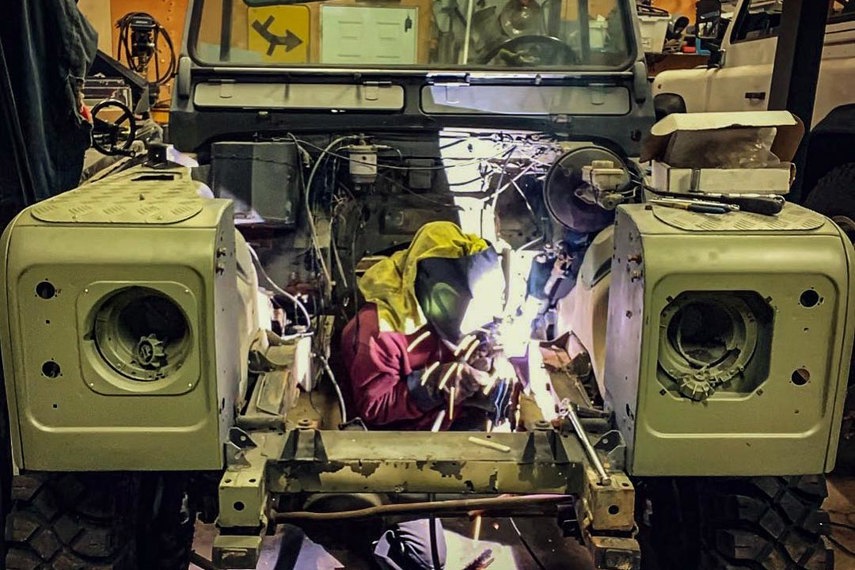
In his work as a psychiatrist with Vancouver Coastal Health and faculty with the University of British Columbia, Dr. Burgmann is all too aware of how much humans can rely on social activities, and when pandemic restrictions limited their ability to engage in those activities, it seriously impacted mental health.
“Everyone needs a project or a hobby, whether it’s gardening or building a greenhouse. We need to be thinking about how to do it safely,” says Dr. Burgmann. Since his work was considered essential, he was thankful that working on his classic car allowed him to find some balance. Dr. Burgmann cautioned that a person’s entire identity cannot be invested in their employment.
This is something Ho says he understood. He had been trying to get out of the auto trade because it sometimes left him with little motivation for his passions in his spare time.
“When you are working all the time, it no longer feels like a hobby,” reflects Ho. Because the closest racetrack to him is an hour and a half away, he would often have to leave work early, as he would be driving out from Scarborough to the Toronto Motorsports Park near Cayuga during rush hour.
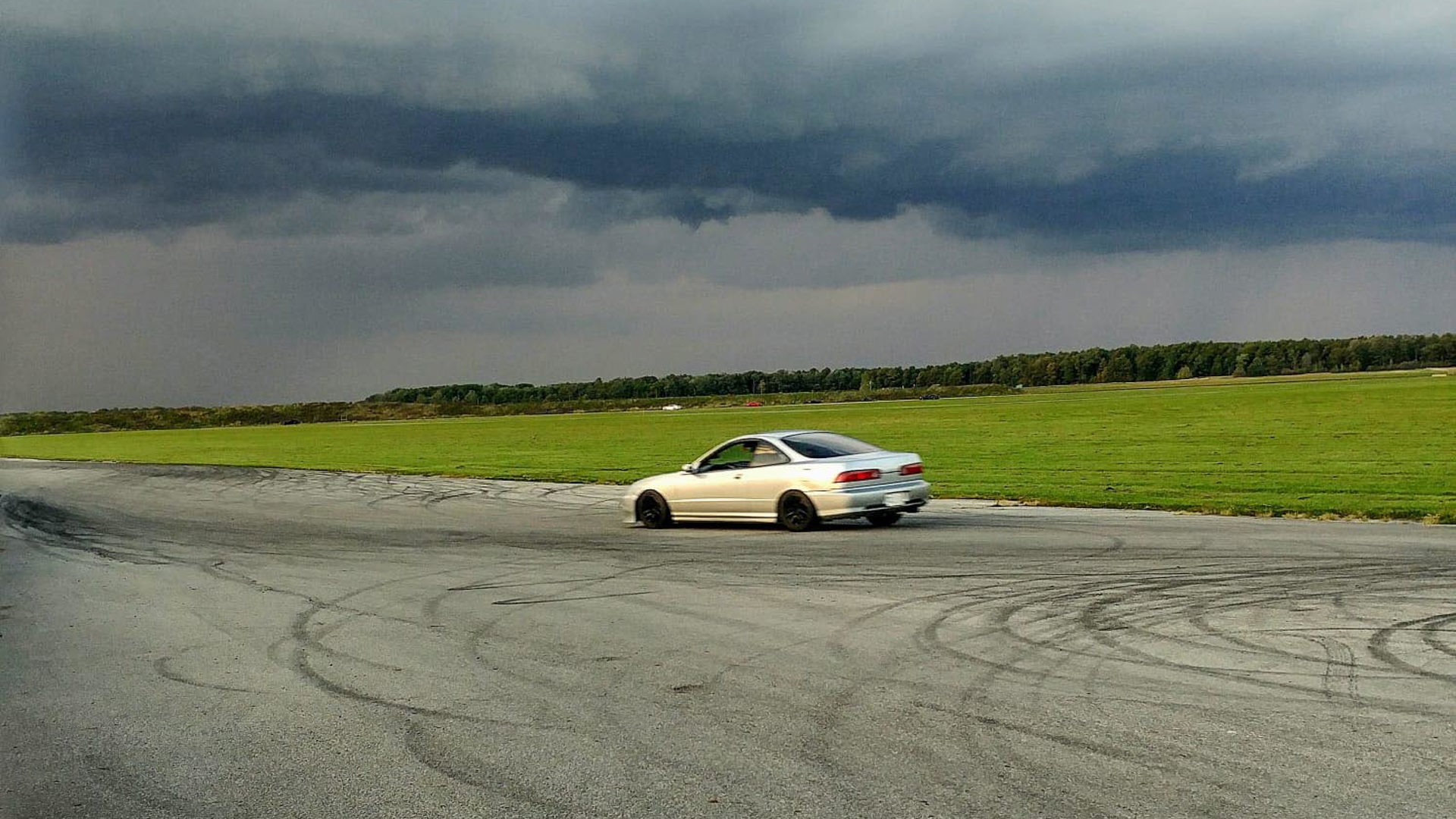
“But since it wasn’t that busy during the pandemic, there’s no traffic, and the prices came down,” says Ho, meaning the pandemic allowed him to both work and enjoy his hobby. He describes how much time it can take to set up a car to go racing, and do testing at the track to gather data of his own input. “It’s just really grassroots, like me doing everything, in comparison to multiple people on professional racing teams,” shares Ho, who looks forward to racing in Ontario Time Attack at the Canadian Sport Compact Series (CSCS).
For McRae-Denney, he cannot wait to get this Land Rover on the road after spending as much as 10 hours a day obsessing over each detail like a complex puzzle. “Plans have changed a few times based on costs, so I have just prioritized the needs over the wants. Do the needs first and then the wants can come with time,” he reflects, as he shares plans to work on building another one this coming winter, which he hopes to sell, expecting that travel plans may still be challenging.
Dr. Burgmann describes a certain level of satisfaction that can come from working to improve various elements of his restoration project over decades. “There’s always an idea that you wonder about next with a classic car, some new innovation worth investing in,” he says.
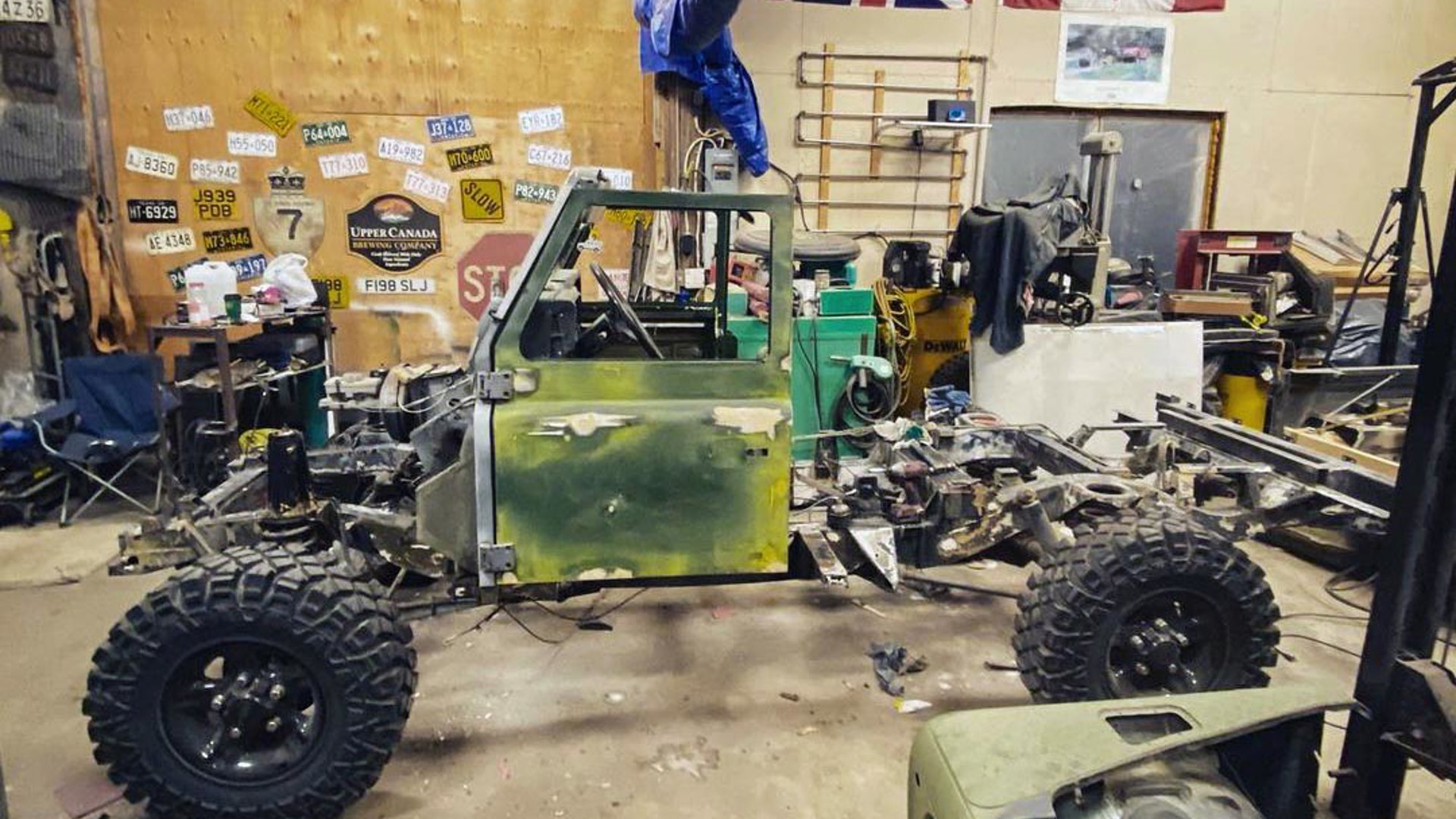
With an Acura Integra, a Model A Ford coupe, and a Land Rover Defender, in settings as varied as Scarborough, Vancouver, and Muskoka, these stories from Ho, Dr. Burgmann, and McRae-Denney offer a glimpse into the wondrous world of working on vehicles.
Especially as attempts are made across the country to adapt to COVID-19 variants, finding meaningful projects to focus on safely will be important even long after pandemic restrictions become a distant reality. Whether it looks like preparing for the next race, working on an engine, or welding a custom bumper, the automotive space is full of activities to help pass the time and help maintain your mental health.
